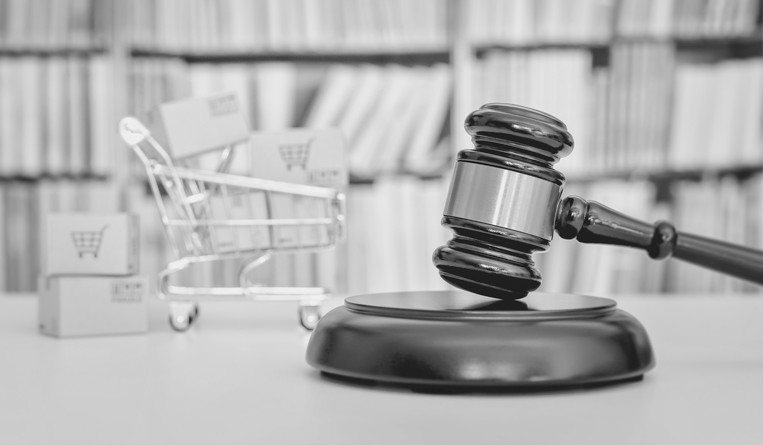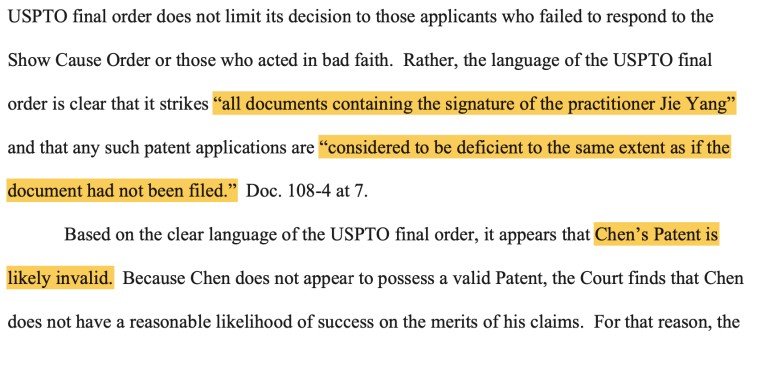The federal court in Chicago has emerged as a hub for a controversial form of intellectual property litigation over the past decade. Legal experts have criticized this approach, often described as “abusive,” for exploiting procedural rules and benefiting from judicial deference to intellectual property owners.
Santa Clara University law professor Eric Goldman and Chicago-Kent College of Law professor Sarah Burstein have labelled this practice the Schedule A Defendants Scheme. This system, they explain, is a form of mass-defendant IP litigation frequently seen in the Northern District of Illinois, targeting foreign online merchants on platforms such as Amazon and other U.S. platforms – primarily those based in China. According to Goldman, the “scheme” exploits vulnerabilities in the Federal Rules of Civil Procedure, judicial deference to IP rights holders and online marketplaces’ liability exposure.
“Patent trolls of all types have taken advantage of the Schedule A system to enforce bogus claims,” said Baruch S. Gottesman, the U.S. counsel representing the defendants in the case Zhaoyou Chen v. Partnerships and Unincorporated Associations Identified on Schedule A.
In the Northern District of Illinois, sealed filings in such cases often result in swift, aggressive actions once unsealed. Temporary restraining orders (TROs) can freeze assets and shut down online stores, leaving defendants with few options beyond settlement. However, the case highlights a critical point: plaintiffs must also meet their burden of proof.
On January 8, 2025, the Zhaoyou Chen v. Partnerships and Unincorporated Associations Identified on Schedule A (Case No. 24 C 7164) shifted focus from alleged counterfeiters to the integrity of the plaintiff’s claims. The court found that Chen’s patent had fraudulent signatures associated with Jie Yang, a practitioner involved in widespread misconduct at the U.S. Patent and Trademark Office (USPTO).
“The patent was obtained through a patent ‘house’ that turns out to have engaged in very problematic filings. The USPTO (U.S. Patent Authorities) cancelled more than 3000 applications from that firm. Some Defendants have argued that the patent in this case should also be cancelled,” said Eunice Yan, a senior partner at Zhiheng Law Firm in Shenzhen.
The USPTO had previously invalidated all documents bearing Yang’s signature. Citing the USPTO’s final order, the court declared Chen’s patent “likely invalid.” The USPTO has clarified that documents signed by Jie Yang are “deficient to the same extent as if the document had not been filed.”
This development raises critical questions about the USPTO’s response to fraudulent signatures in over 3,100 cases. What will happen to the granted patents filed years ago under these compromised submissions?
“This decision serves as an important first precedent that the patent applications fraudulently signed in the name of Jie Yang are void,” Gottesman told Asia IP.
The broader challenge lies in addressing the aftermath of such misconduct. Granted patents tied to Jie Yang’s fraudulent signatures may face heightened scrutiny in litigation or during USPTO review proceedings. Companies relying on these patents could encounter significant legal and financial uncertainty, as the validity of their intellectual property is called into question.
- Cathy Li








